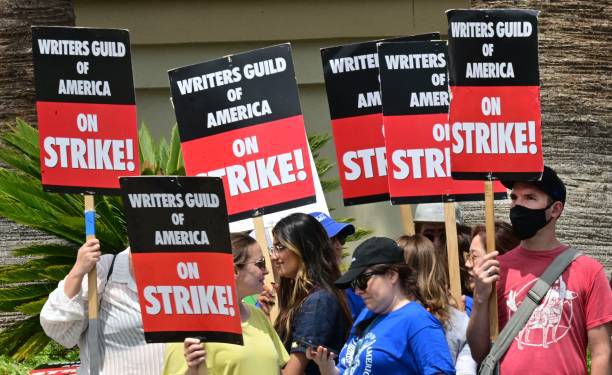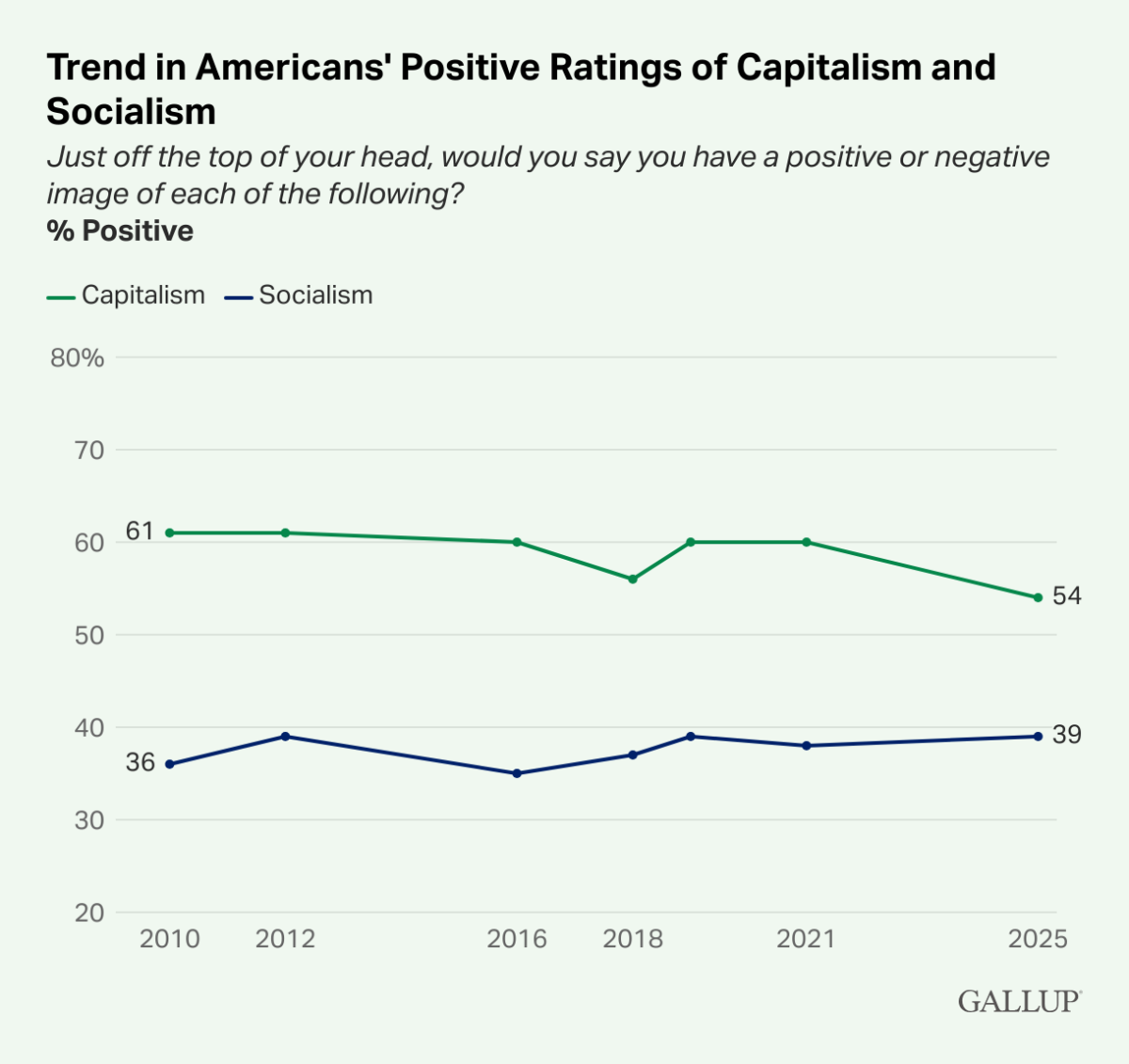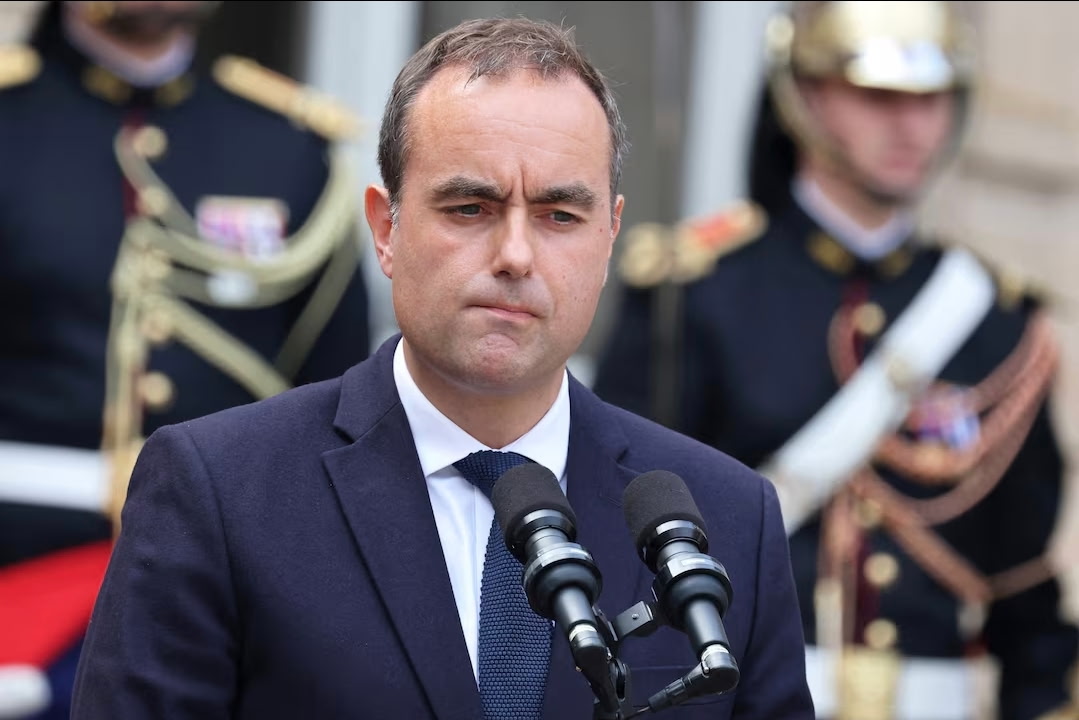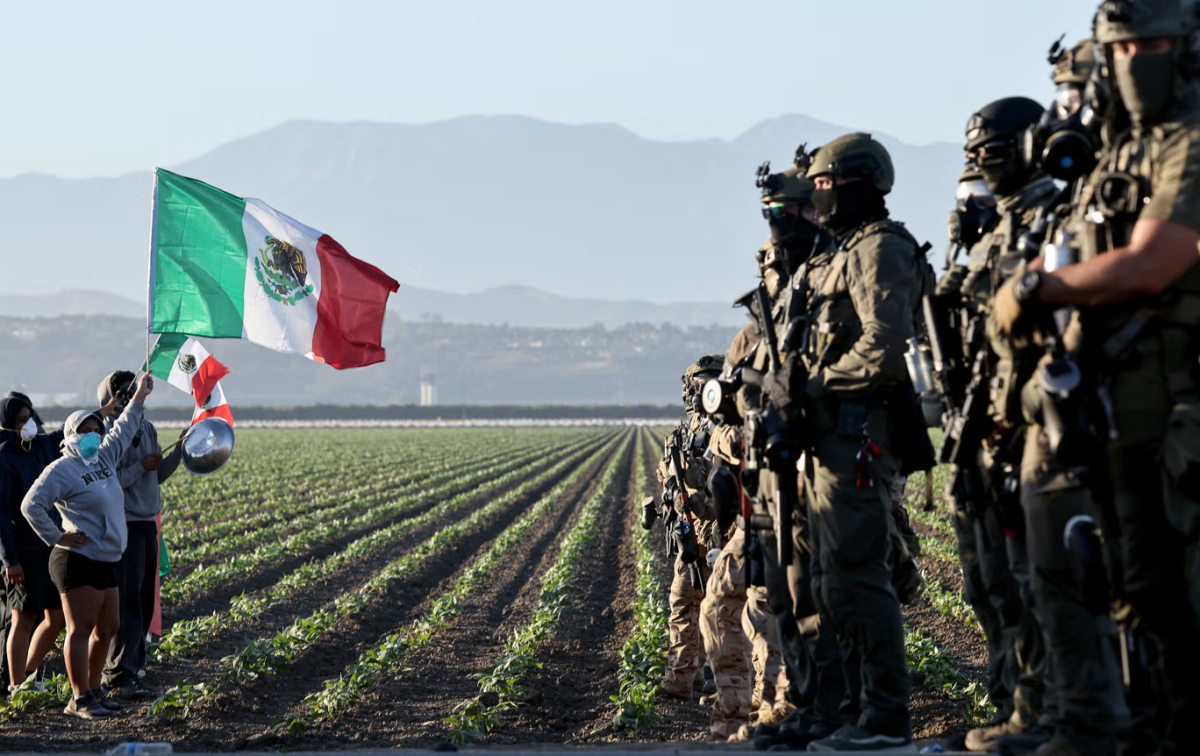The Writers Guild of America (WGA) continues their strike against the Alliance of Motion Picture and Television Producers (AMPTP), demanding better pay and conditions for union writers.
In May of 2020, the two organizations signed an updated contract that was set to expire on March 1, 2023. This contract stated writers would get an increased pension of 2.75% of a film or show production, as well as paid parental benefits, which were new to the contract at the time (WGA On Strike). Yet with the events that took place over the past three years, writers soon realized that their set pay was not enough to make a living. At 12:01am on May 2, 2023 the WGA released a list of their official negotiations for a new contract with the AMPTP. Five months later, the two organizations have yet to reach an agreement.
The WGA’s main demands include an increased pension of 5%-6%, receiving 50% of pay upon hire and the remainder distributed weekly over the hired writing period, and forbidding Artificial Intelligence from writing source material (WGA On Strike). Not only has it been harder for writers to make enough to support themselves financially, but their jobs have also been threatened by the rise in abilities of technology.
In response, the AMPTP proposed a 3% to possibly 4% pension, rejected the altered pay distribution, and stated they would rather utilize the advancements of technology than reject it completely (WGA On Strike).
The studio would prefer for their offer to be directly accepted by the WGA, without revisions. Until union writers succumb to their proposal, the AMPTP is prepared to wait them out. Deadline reports an interview with an anonymous AMPTP executive who states, “The endgame is to allow things to drag on until union members start losing their apartments and losing their houses.” Another agrees, saying not reaching a new contract agreement is, “a cruel but necessary evil,” (Deadline). Believing that if put into a challenging financial situation, WGA writers will revise their original proposal to more closely match what the studios had in mind.
Despite not having a consistent income through writing, multiple writers have used their creativity to help meet their financial needs during the strike. Some writers have found other careers to suit their strengths such as becoming a private investigator, substitute teacher, or waiting tables for minimum wage (CNBC).
Others continue to write material they plan to use only for themselves. CNBC speaks with Dylan Guerra, a writer on the picket lines, who shares, “Pens are down as far as projects go but my desire to write doesn’t stop…I’ve been working on that weird screenplay that I’m not writing for anybody other than myself, and I’m finding it’s unlocking new avenues in my voice that I’m excited by.” Rather than being deterred that the strike has gone on this long, writers such as Guerra have found new outlets and are only prepared to end the strike on their terms.
There is no way to predict when the writers’ strike will end. In the matter of five months no compromise has been reached, nor has there been much willingness to communicate openly between the two groups, leading many to believe a solution will not be forthcoming. Until then, the TV and film industry will continue to see the effects of the strike including the lack of shows on air and stalled productions.








